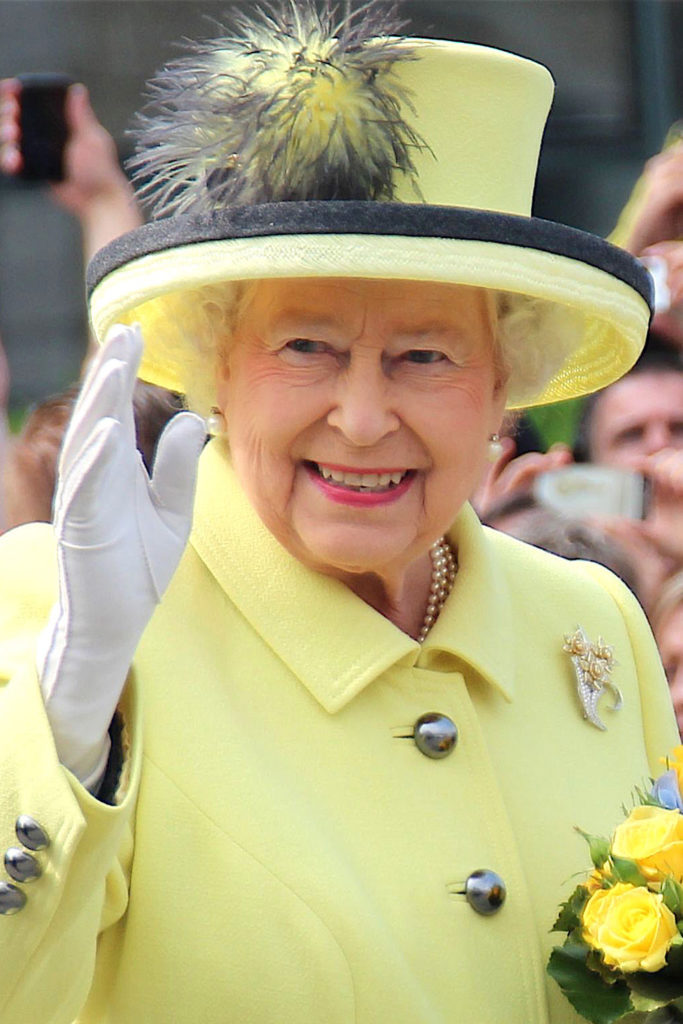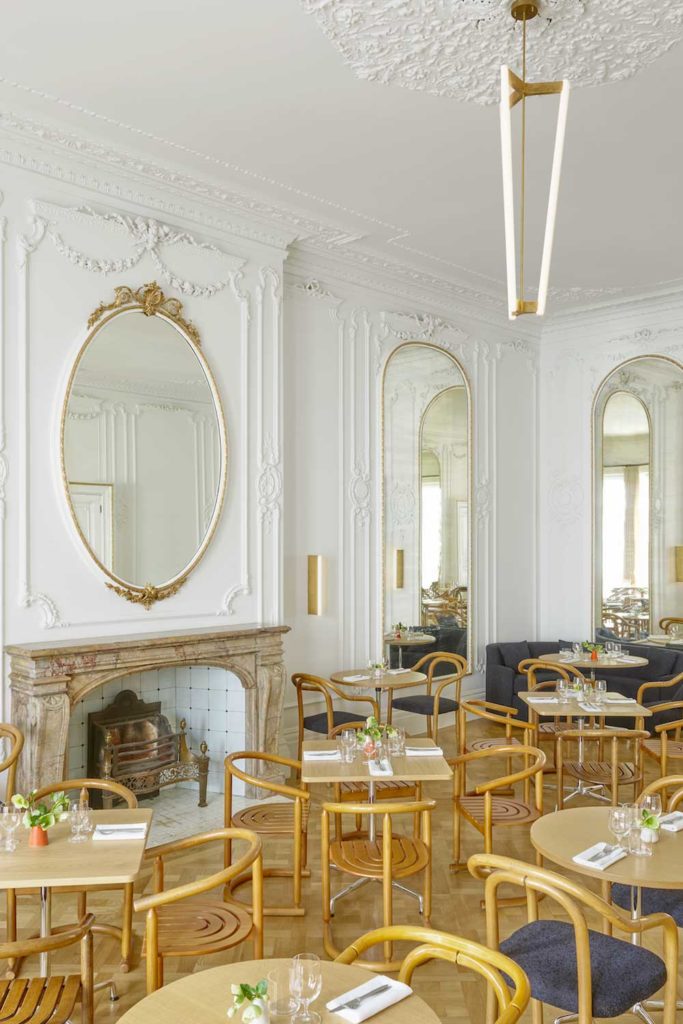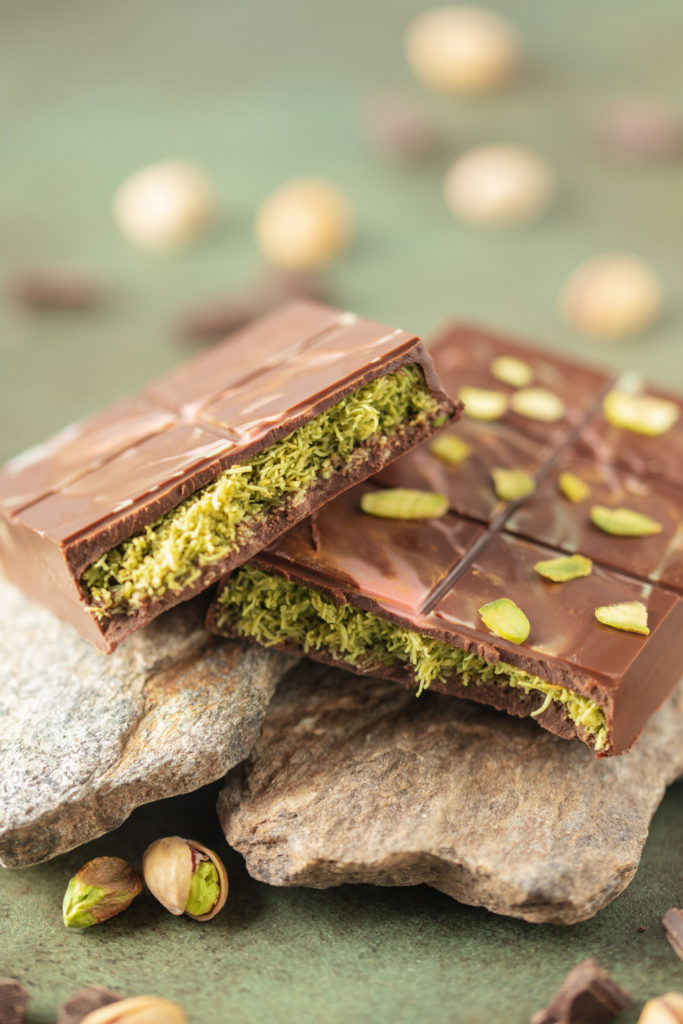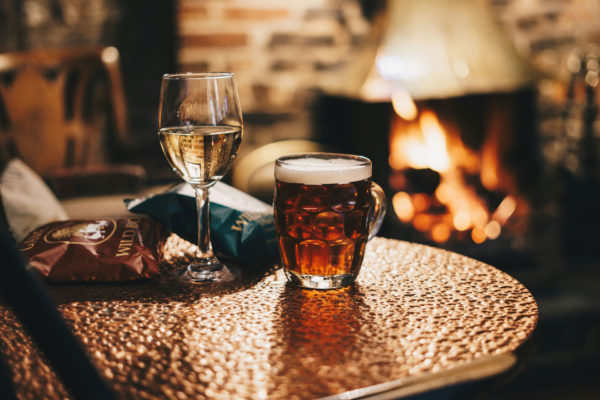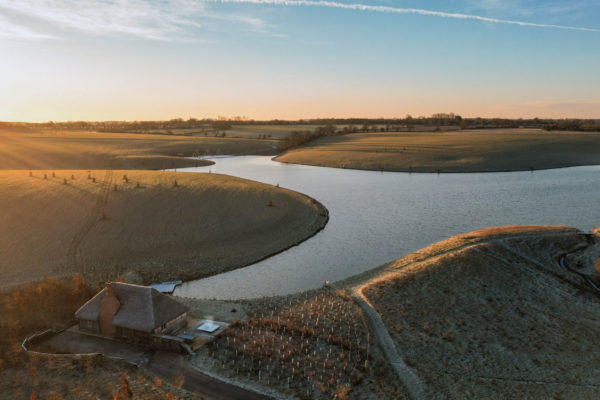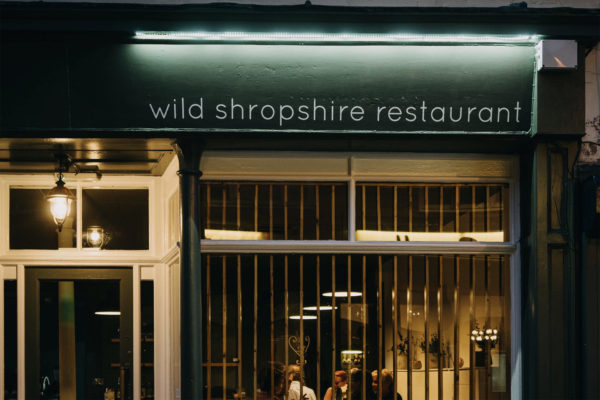5 Minutes With… Seckford Hall Chef Jake Lawrence
By
1 year ago
The Suffolk chef on the importance of local, seasonal produce
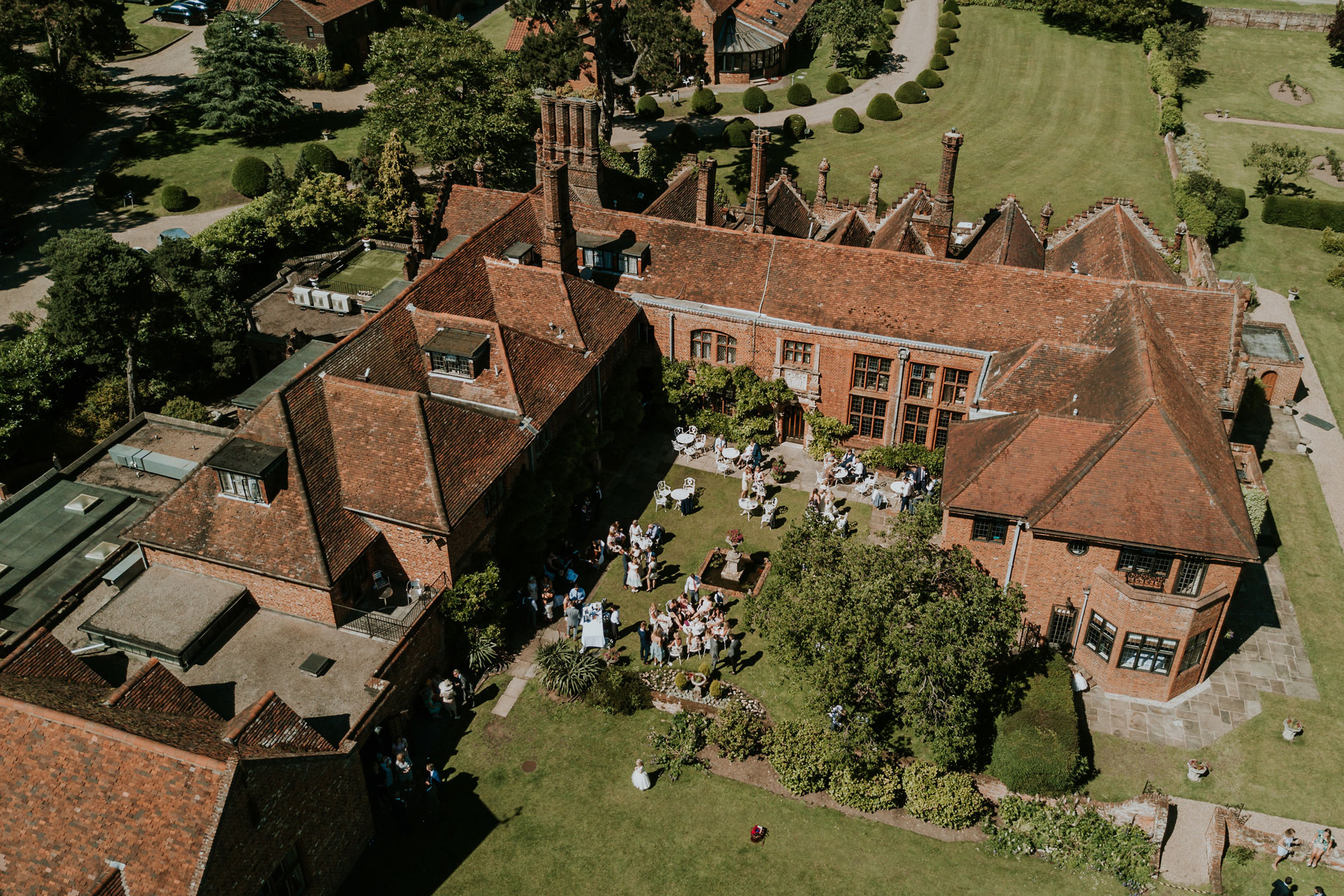
Our new interview series will see author and farming columnist Jenny Jefferies chatting with a chef from around the world about all things produce and cooking. Up first is Jake Lawrence, head chef at the 2 AA Rosette Restaurant 1530 at Seckford Hall Hotel & Spa in Suffolk.
Q&A with Chef Jake Lawrence
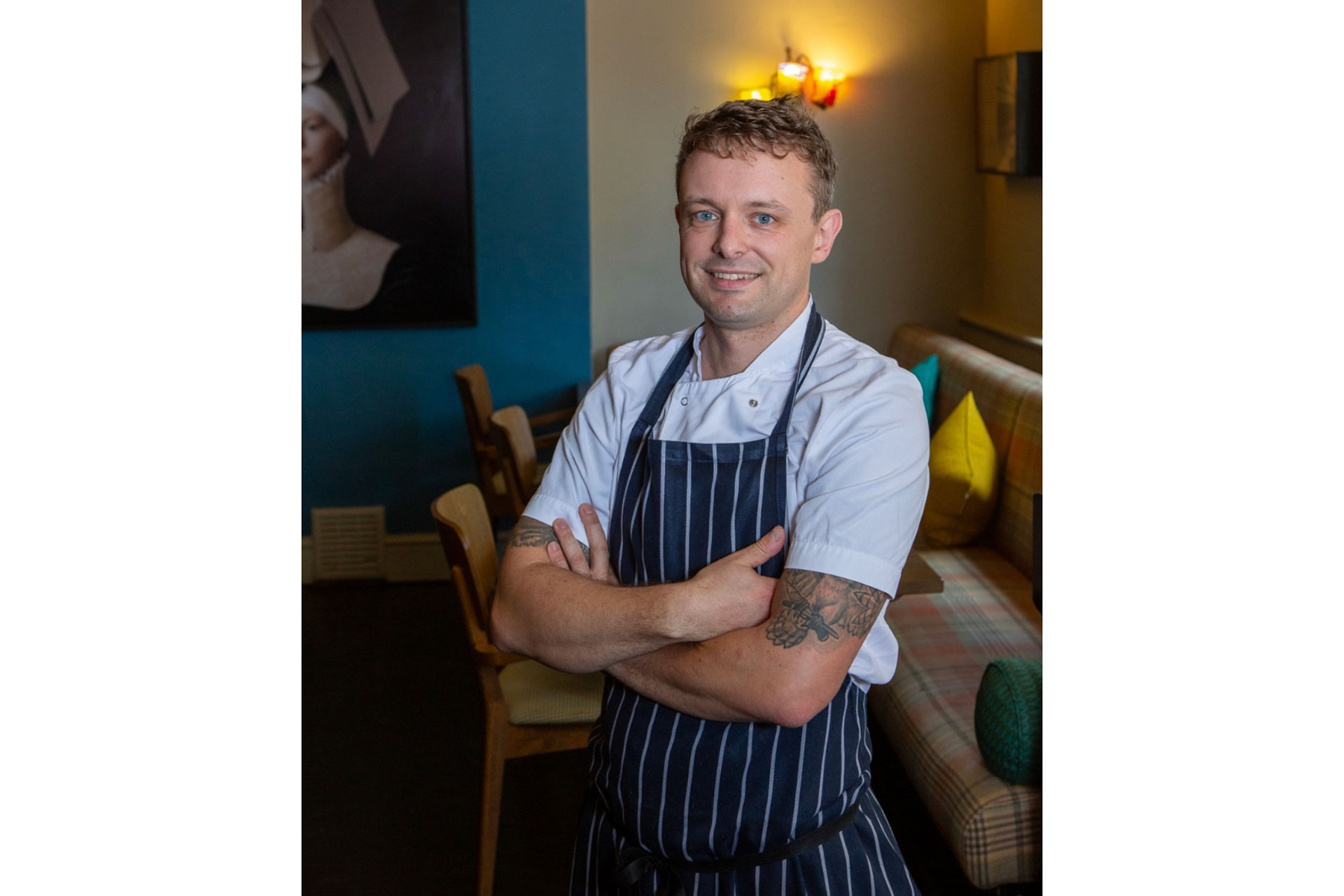
What does food mean to you?
Food to me is all about hospitality. It’s not just about the plate of food that you’re putting out, but it’s the whole dining experience and the theatre provided to the guests in the restaurant. The food on the plate is the most important part of that journey, but it’s not the whole journey. It’s the experience from people coming in and sitting down at the table, being provided a good service by the waiting staff and bringing you the wine. It’s that whole theatrical atmosphere of the restaurant that’s important.
With some of the dishes that I put on the menus, we add that sort of theatrical element to it. So, at the moment we’ve got a chicken dish on the menu that’s got a mushroom consommé in a glass teapot at the table which is poured by the waiter. We’ve got a beef wellington on the menu that’s a sharing dish, so it comes to the table on a big board and then it’s carved, but it gets served to the guests onto their separate plates.
Where did your love of food come from?
My love of food probably came from my childhood and coming to places like Seckford Hall with my grandma and my mum and experiencing that whole world of hospitality, and not just the food. Being with my mum at home; learning how to make things and then with me as a teenager, I was just developing a palette and I really learnt how to properly enjoy the food.
I fell into a kitchen porter job in my first ever restaurant and found that I was actually better than the other kitchen porters because I understood food that little bit more. So, the head chef straight away put me onto an apprenticeship. I turned from being a kitchen porter in week one, to vegetable prep chef in week two, and that sort of set my trajectory in going forward and I haven’t looked back. This, I believe, led me to have a good drive and a hard work ethic.
Tell us about Restaurant 1530 at Seckford Hall Hotel & Spa. What can diners expect?
Restaurant 1530 was named in honour of when Seckford Hall was built and it exudes a modern and classy environment that also makes a subtle nod to the Tudor era. When you arrive at Seckford Hall, you enjoy the Tudor lounge with wood panelling, the stag heads on the doors, the big open fireplace where there are lovely winged back armchairs. You then enter a slightly more modern restaurant with well laid tables, leather chairs, white walls and a very warm and welcoming environment. It doesn’t have that really oldy worldly look, so it doesn’t feel stuffy. The service is not invasive; they’re not in your face all the time but they are there when you need something. There will be the kind of waiter who will just appear to come and top up your water glass when needed without you really noticing they’ve done it.
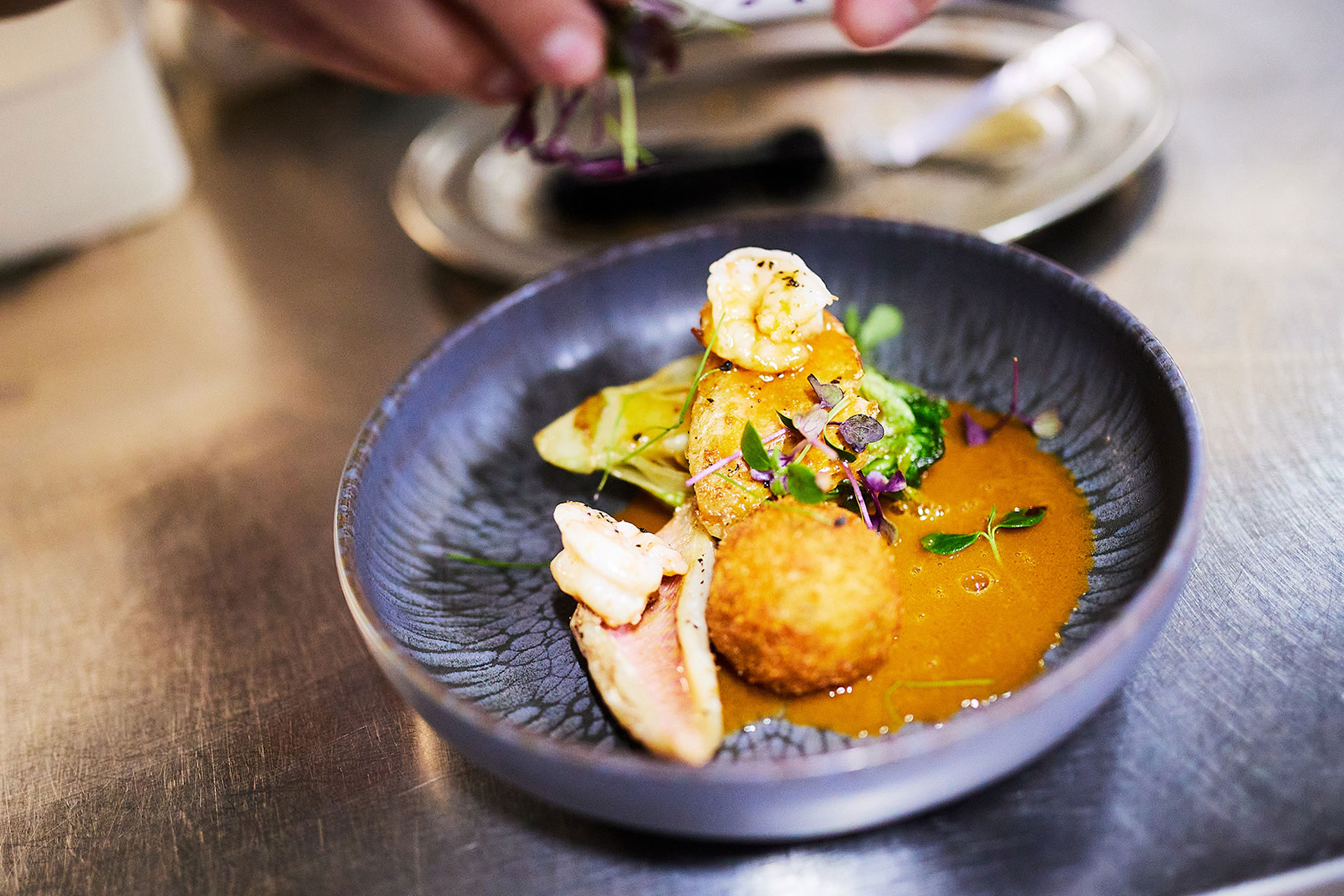
What is the role of head chef?
Being a head chef is not just about the food; you’ve got to consider weekly wage percentages, suppliers, budget maintenance, targets, staff rotors, and above all, ensuring your team is happy. It’s mainly people management; and the key part of people management is having the right people to manage.
What are the current challenges for the British hospitality industry?
Challenges in the British hospitality industry include recruiting people, especially with the current labour shortages. It is very difficult. Energy prices are still really high, as are food costs. We are all still reeling from both the pandemic and Brexit and I’ve now got three vegetable suppliers, because I need to balance who can bring what at any one time and make sure that we’re getting the best price for it. Everyone in the supply chain needs to make money, but ultimately, to me, it’s how much we’re paying for the ingredients which is what is important, as well as the quality of the ingredients you’re getting, so the struggles are very real.
In order to retain your staff, you have to offer them more than just a wage; you have to offer a package of perks and benefits so you are a more attractive employer to them. For example, you may offer free gym memberships, healthcare and childcare. There are many other things that businesses can offer rather than just money. A work/life balance has become increasingly important. Unless you’re at a two Michelin star restaurant in central London where you’re doing it because that’s what you want to do, chefs don’t want to work 80 hours a week anymore. Here in rural Suffolk, no one wants to do that.
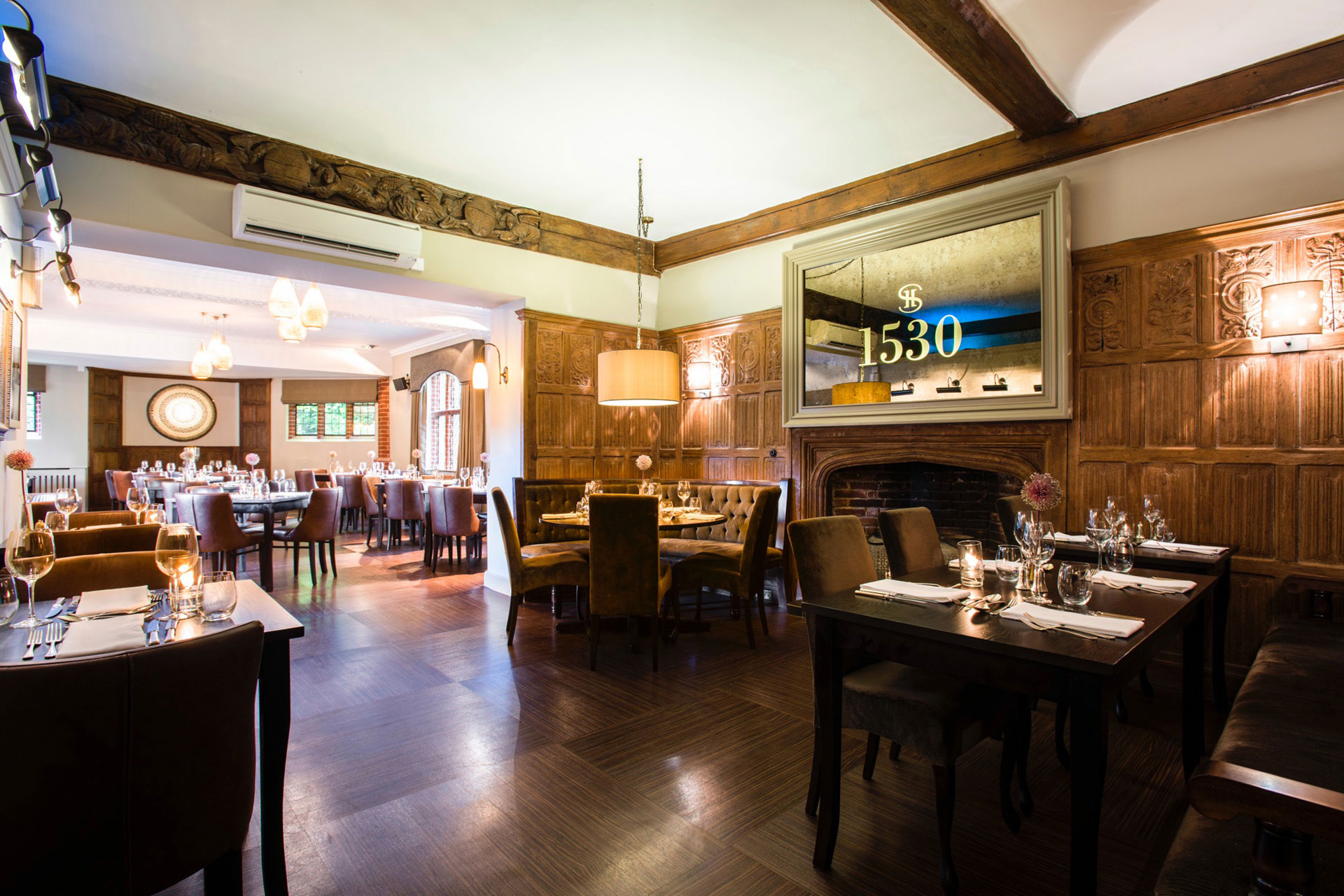
How important is using local and seasonal produce?
Using local and seasonal produce is so important. This month, for example, we’ve got some cauliflower coming through, next month we’re looking at getting cavolo nero, and being able to plan menus around that is fantastic. There are not many farms in Suffolk that grow cavolo nero, or that grow micro herbs, or grow baby vegetables, so Norfolk is only up the road. The main thing is that the food is not imported from Spain. Suffolk is really well known for pork, and we have got some of the best meat produce in this region.
Lowestoft has a big fishing infrastructure so one of my fish suppliers gets most of his fish from there. The fish lands and gets delivered to us the following morning and I’m just trying to find suppliers to work within a local environment who can phone me and say, ‘right Jake, actually tomorrow I’m going to have this for you, would you like it?’ And I’ll always say, absolutely! Yes! I’ll always ask when was it caught? When was it reared? When was it plucked from the field? I am then able to tell that story to the guests. The story is so important. Some people come here and go, where has that come from? And to be able to say, well, actually, it’s come from 20 miles down the road. It’s amazing to celebrate that.
However, we are completely dictated by the seasons. Every month we’ll get an email that will say what is coming into season and what is going out of season. We will then take that ingredient and we’ll work out a modern and a fresh way of presenting that ingredient. It’s not about just taking a cauliflower and whacking it in your vegetable bowl and hope that that’s seasonal enough. It’s: how can we turn that into a dish? How can we do a roasted cauliflower steak with burnt cauliflower puree and pickled cauliflower leaves? How can we take each element of that cauliflower and make it into something really special? And that’s what we try and do every season; to try and get inventive, for example, exploring fermentation, pickling, preserving and just making the most of every single ingredient when it comes around. That ingredient then becomes the star of the show.
What is the future like for you?
My first year here at Seckford Hall is about stabilising the good kitchen team, putting out good local and seasonal menus, doing big weddings and corporate events, exclusive use hires, everything that this place needs to be known for and then see how we can build on that. We’ll be taking a step back and reviewing how each dish went over the year, we will take photos, we will write recipes and just review and look back and go, well how could we improve that particular bit? How can we make that element of that dish better? How can we improve that with a more seasonal, more local produce? The vision for next year is to go from a four-star hotel that we are now, to a five-star hotel. That’s a big aim for the front of house team, for the housekeepers, the spa, for everybody.
What are your top tips for home cooking?
My biggest top tip for any sort of home cooking or for anyone starting out on their culinary journey is to just focus on simple flavours. Don’t try to be complicated. You may come to a restaurant and get 13 elements on a plate. Don’t do that at home! Just use three elements on your plate at home and make them all fantastic. Use good seasoning, great local produce and just make those elements the best you possibly can.
Find Jenny on Instagram at @jennyljefferies

